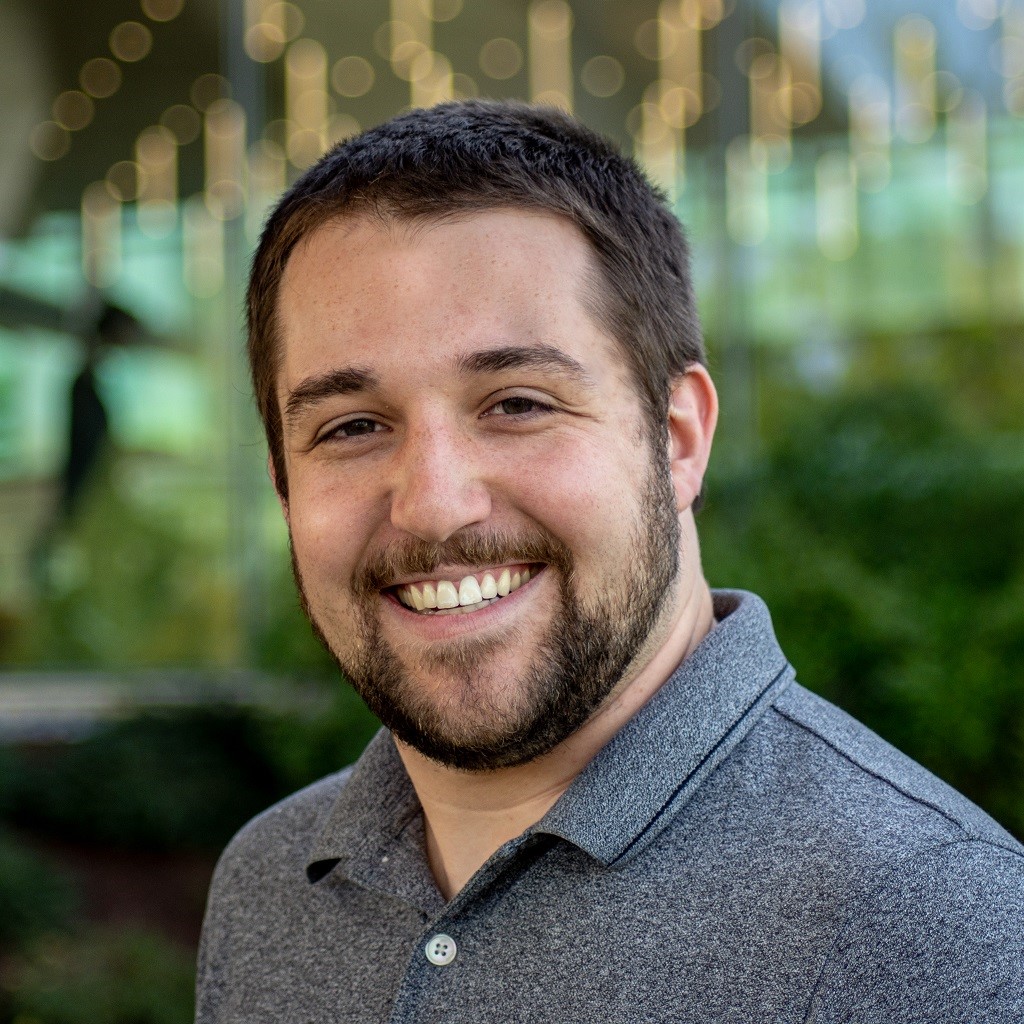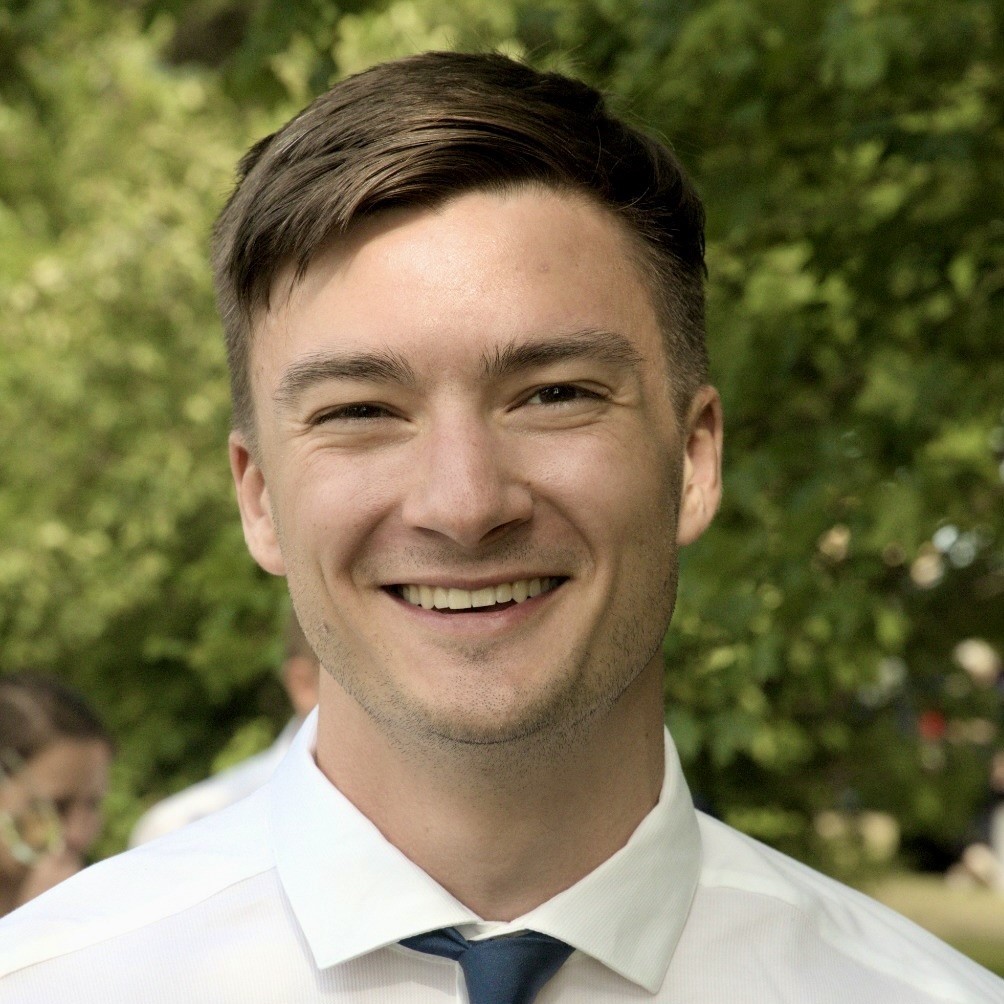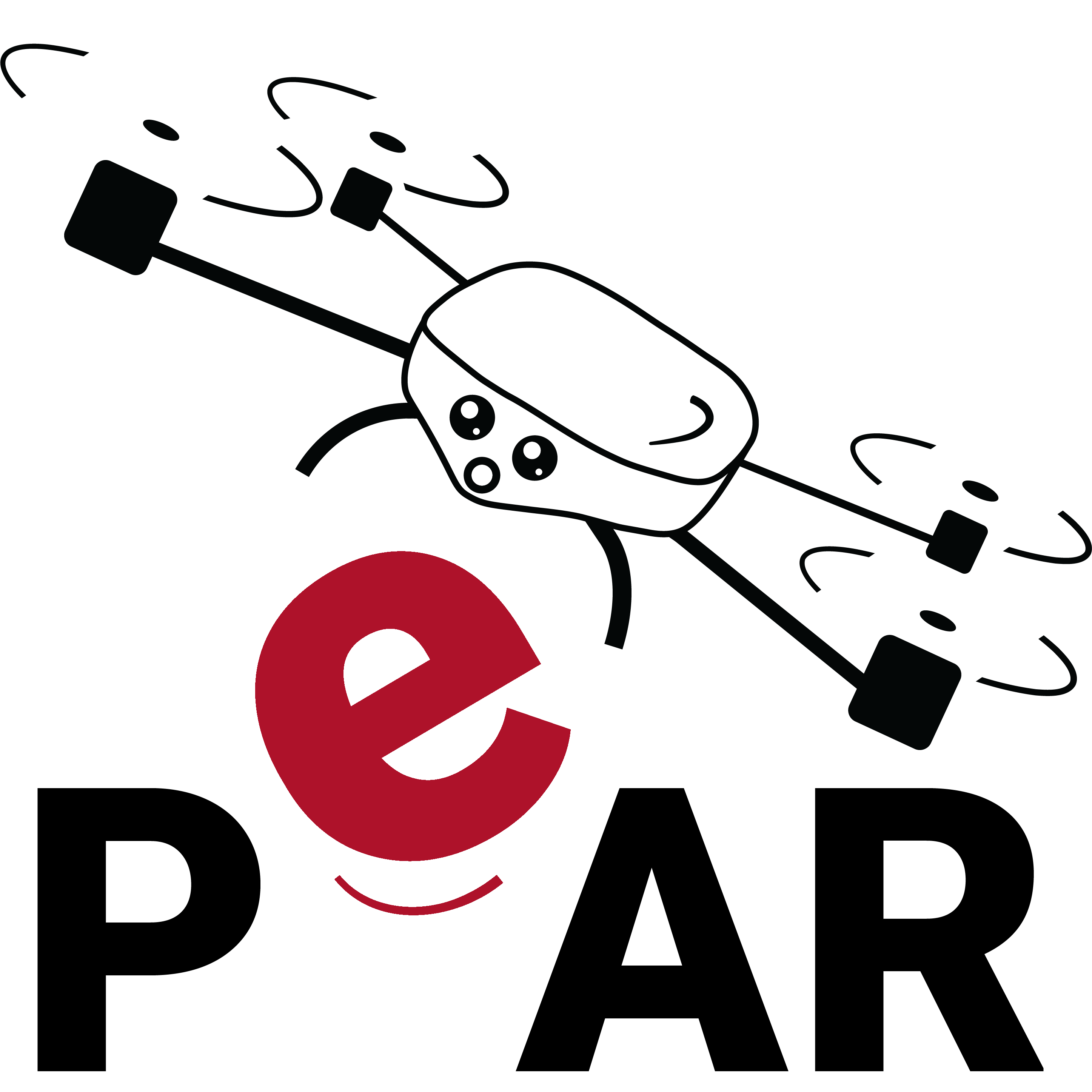Title: Efficient AI for fast flight
Speaker: Christophe de Wagter
Delft University of Technology

Abstract:
Aerial robots have much tighter weight and power constraints than their static or riding counterparts. Therefore the design of navigation and control solutions in fast-flying robots becomes a system-wide optimization. Adding more sensors or using heavier control algorithms might sound great in terms of navigation performance, but can have detrimental effects on endurance, maneuverability, and reaction time. This guest lecture will first fetch inspiration by looking at some of the smallest autonomous aerial robots like DelFly Explorer, and then extrapolate the lessons learned to the topic of autonomous indoor drone racing. We will review how light and fast AI-based navigation was used in the winning entry of the 2019 AIRR autonomous drone race and we will investigate how AI-based control can mimic optimal control at a fraction of the computational load. We will conclude by looking at some of the many challenges ahead.
Bio:
Christophe De Wagter received his M.Sc. in Aerospace Engineering at the Delft University of Technology in 2004 on the topic of vision-based control. In 2005 he created the Micro Air Vehicle Lab where he first worked as a researcher and then obtained a Ph.D. in robotics. His areas of interest range from control theory and sensor fusion to computer vision, electronics, and AI. He proposed novel concepts like the DelFly and worked on the DelftaCopter and hydrogen-powered Nederdrone. He won awards ranging from the 1st prize for "Best Fully Autonomous Indoor MAV'' at the EMAV 2008 in Braunschweig, to the "World Champion in Artificial Intelligence Drone Racing”, at the AIRR-2019 in the United States.
Title: Understanding your drone
Speaker: Nicholas Rehm
Johns Hopkins University and dRehmFlight

Abstract:
It's easy to forget the underlying fundamental principles governing a drone’s ability to stay in the air, especially with awesome libraries, APIs, and autopilots abstracting the hard parts away for someone developing an autonomy. But the interface to control a drone is not always a waypoint message, or even a velocity command. There’s quite a bit of fun and untapped stuff under the hood that opens the door for unique and sometimes wacky capabilities. This talk will cover some unusual applications of drones and dive into the nuances of flight control and end-end system design that can only be truly understood and appreciated through curious experimentation. This presentation is not given as a representative of the Johns Hopkins Applied Physics Laboratory, nor does it contain discussion of any work performed there.
Bio:
Nick Rehm has been an avid radio controlled aircraft hobbyist since 2008 with a particular fascination with unique vertical takeoff and landing (VTOL) aircraft configurations. He studied aerospace engineering at the University of Maryland (’19) and continued on for his master’s in rotorcraft with a focus in dynamics and control (’21). He is now an aerospace engineer at the Johns Hopkins Applied Physics Laboratory integrating AI/ML algorithms on live flight platforms. In his free time, Nick runs an educational YouTube channel approaching 100,000 followers, focusing on applied topics in aerial robotics and drone flight controls.
Title: Skydio Dock: Fully-Autonomous UAV Systems At Scale
Speaker: Davide Falanga
Skydio

Abstract:
At Skydio, we ship autonomous drones that are flown at scale in unknown environments every day by our customers to capture incredible video, automate dangerous inspections, and provide situational awareness. To do this, they must make decisions at high speed using their onboard cameras and algorithms. As we progress towards large-scale end-to-end autonomous missions with our Skydio Dock platform, reliability and robustness are paramount to success. The robot must continuously accomplish its mission at remote sites without human intervention.
Bio:
Davide Falanga is a Senior Engineering Manager at Skydio in the Autonomy team, leading a team of very talented engineers working on planning and controls. I received a PhD in Robotics from the University of Zurich. I carried out my research at the Robotics and Perception Group, under the supervision of Prof. Davide Scaramuzza, where I worked on motion planning and control for Micro Aerial Vehicles. In particular, I focused on vision-based quadrotors, aiming at coupling perception and action for autonomous, high-speed navigation using only onboard sensing and computing.
Title: Scaling Down to Scale Up: A New Paradigm in Wireless Sensing for Robotics and Perception
Speaker: Nakul Garg
University of Maryland, College Park

Abstract:
Smart environments, in their ideal form, seamlessly integrate perception and sensing capabilities into our daily lives. Achieving this vision, however, poses critical challenges in three domains: energy efficiency, miniaturization, and autonomous adaptability. My research aims to break through these barriers by focusing on ultra-low-power sensing technologies powered exclusively by sustainable harvested energy. These sensors are engineered to be so compact that they can be effortlessly integrated into any autonomous robot. In this talk, I will unveil my latest advancements in acoustic and radio signal-based sensing technologies, offering new paradigms for low-energy applications in robotics and perception systems.
Bio:
Nakul Garg is a fifth year Ph.D. student at the University of Maryland, College Park (UMD), advised by Prof. Nirupam Roy. His research focuses on developing low-power systems optimized for resource-constrained environments, involving innovations in low-power sensing, wireless communication, and embedded AI. He is a recipient of the Ann G. Wylie Dissertation Fellowship and Three Minute Thesis (3MT) Award. His recent research on low-power spatial sensing for micro-robot navigation received the MobiSys’22 best paper award and was selected for the ACM SIGMOBILE research highlights of the year in 2023. He has previously interned at NEC Labs and Microsoft Research.
Title: Coupling Control and Vision
Speaker: Levi Burner
University of Maryland, College Park

Abstract:
Biological systems such as humans, dragonflies, and bumblebees can use their visuomotor systems to learn to control their embodiments despite complex underlying dynamics and significant variation in physical configuration. In contrast, autonomous robots are currently expensive and available only as a few models. Further, the basic systems (drones, toy cars, walking robots) are cheap enough to sell as toys which humans can easily operate via vision-based control.
Under the hypothesis that the approach of biological systems is a fundamentally easier path for robotics, a mathematical framework is developed which tightly couples vision and motor signals to predict carefully chosen representations of the world. Just like biological systems, such representations cannot depend on an apriori external scale such as the meter. Despite this limitation, the resulting mathematical framework can efficiently fit stable visuomotor dynamics models to data, and accomplish stable closed loop control by offering the embodied, but unknown, units of control effort as an alternative to external scale.
Bio:
Levi Burner is a PhD Candidate in ECE with the Perception and Robotics Group at the University of Maryland. His research targets fundamental challenges in vision-based control by mathematically developing bio-inspired principles.
Title: Aerodynamics-aware guidance and control for maneuverable, multi-mode UAVs
Speakers: Peter Ryseck and Dr. Derrick Yeo
Joby Aviation and University of Michigan, Ann Arbor


Abstract:
The quadrotor biplane tail-sitter (QBIT) family of vehicles offer the mission capabilities of a multi-mode platform while retaining the mechanical simplicity of a typical quadrotor configuration that makes it inherently suited to being manufactured and deployed at scale.
A pair of wings mounted beneath and in-line with the rotors generate lift at higher airspeeds when the vehicle is tilted over in a cruise attitude, thereby improving range. The wings introduce a number of control challenges due to the non-linear aerodynamics encountered during high angle-of-attack flight such as when encountered during transition maneuvers, but the ability to rapidly generate significant aerodynamic loads also promises the potential for aggressive maneuvering. Through this seminar, we hope to offer our perspective on the platform-level and mission-level autonomy challenges and opportunities that arise from the aerodynamic characteristics of the QBIT configuration and other tail-sitter type UAS.
We will share our experiences from building and evaluating QBIT designs through wind tunnel and flight testing, and describe some of the aerodynamics-aware guidance and control strategies we developed for the QBIT family while at the University of Maryland. At the platform level, we will describe how onboard flow-sensing strategies previously used on other tail-sitter type aircraft were implemented on the QBIT platform to improve flight control. At the mission level, we will describe how performance measurements from flight tests were used to develop path planning algorithms that balance energy usage against time-to-target metrics. We will also present results from mission simulations that evaluate the advantages of deploying collaborative QBIT teams in search and rescue, counter-poaching pursuit- evasion, and perimeter-defense scenarios.
Bios:
Peter Ryseck is a Modeling and Simulation engineer at Joby Aviation, holding a Master's degree in Aerospace Engineering from the University of Maryland. His research interests include non-linear optimization, UAS motion planning, and the performance of unmanned air systems. He creates engineering project videos for YouTube and founded a startup called Mini QBiT, offering a small-scaled VTOL platform. Prior to his current role, Peter has worked with the Army Research Laboratory, John's Hopkins Applied Physics Laboratory, and Aurora Flight Sciences.
Dr. Derrick Yeo received his PhD in Aerospace Engineering from the University of Michigan before moving to the University of Maryland, where he was an Assistant Research Scientist and Assistant Clinical Professor. Derrick is currently a Lecturer (III) at the University of Michigan Robotics Department and his research focuses on applying tools in aerodynamics to the control and guidance of aerial vehicles. When not doing research, Derrick spends his time teaching students how to use state-of-the-art prototyping tools to build robotic elevator attendants that intentionally take you to the wrong floor, tea-brewing robots that make tasteless tea, and distracting robotic study companions that spray water in your face whenever you look away from your homework.







